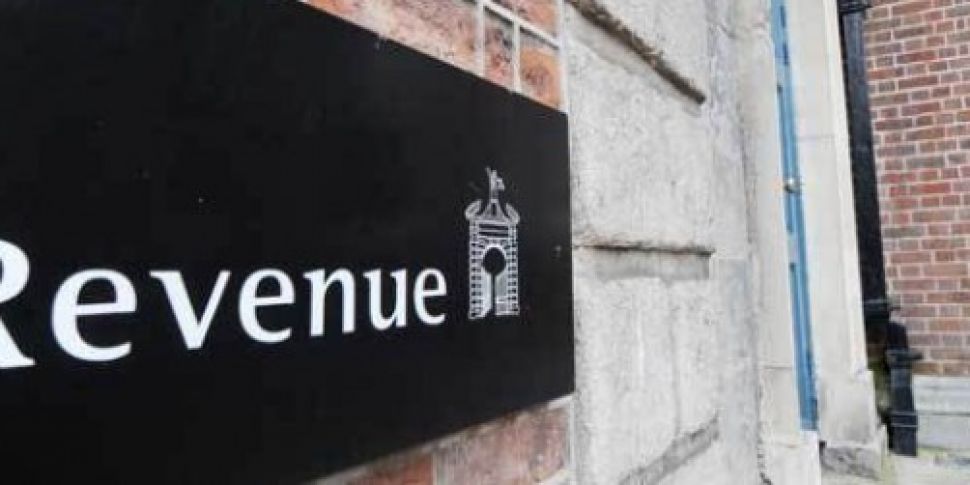Irish computer users are being warned about a scam email purporting to have been sent from Revenue.
The agency has warned taxpayers about emails and text messages regarding an apparent tax refund.
According to the ESET Ireland group, the email scam sees web users first receiving a forged forged Irish Tax and Customs email.
The mail claims that the individual is "eligible to receive a refund of 265.48 GBP".

Image: ESET Ireland
ESET says that clicking the link first brings users to a compromised French consultancy website, before redirecting them to a Singapore one.
In both cases, the links display as 'HTTPS' - often seen as an indicator that the website is safe and secure.
ESET's Urban Schrott explained: "Over the years we've been constantly told that HTTPS means the website is secure, but what many fail to realise is that HTTPS merely means that the communication with that site is encrypted.
"If cybercriminals manage to compromise a website with a valid HTTPS certificate, or even if they acquire a certificate themselves, the victims are given a false sense of security and end up giving up their sensitive data more easily."
The phishing website ultimately asks users for their PPS number, date of birth, password, full name, address, city, phone number, payment card number, code and expiry date, before redirecting them back to the genuine Revenue site.
In a statement, Revenue says: "The Revenue Commissioners never send emails or text messages requiring customers to send personal information via email, text or pop-up windows.
"Anyone who receives an email or text message purporting to be from Revenue and suspects it to be fraudulent or a scam should simply delete it."
They add that anyone expecting a genuine tax refund should contact their local Revenue office to check its status.









